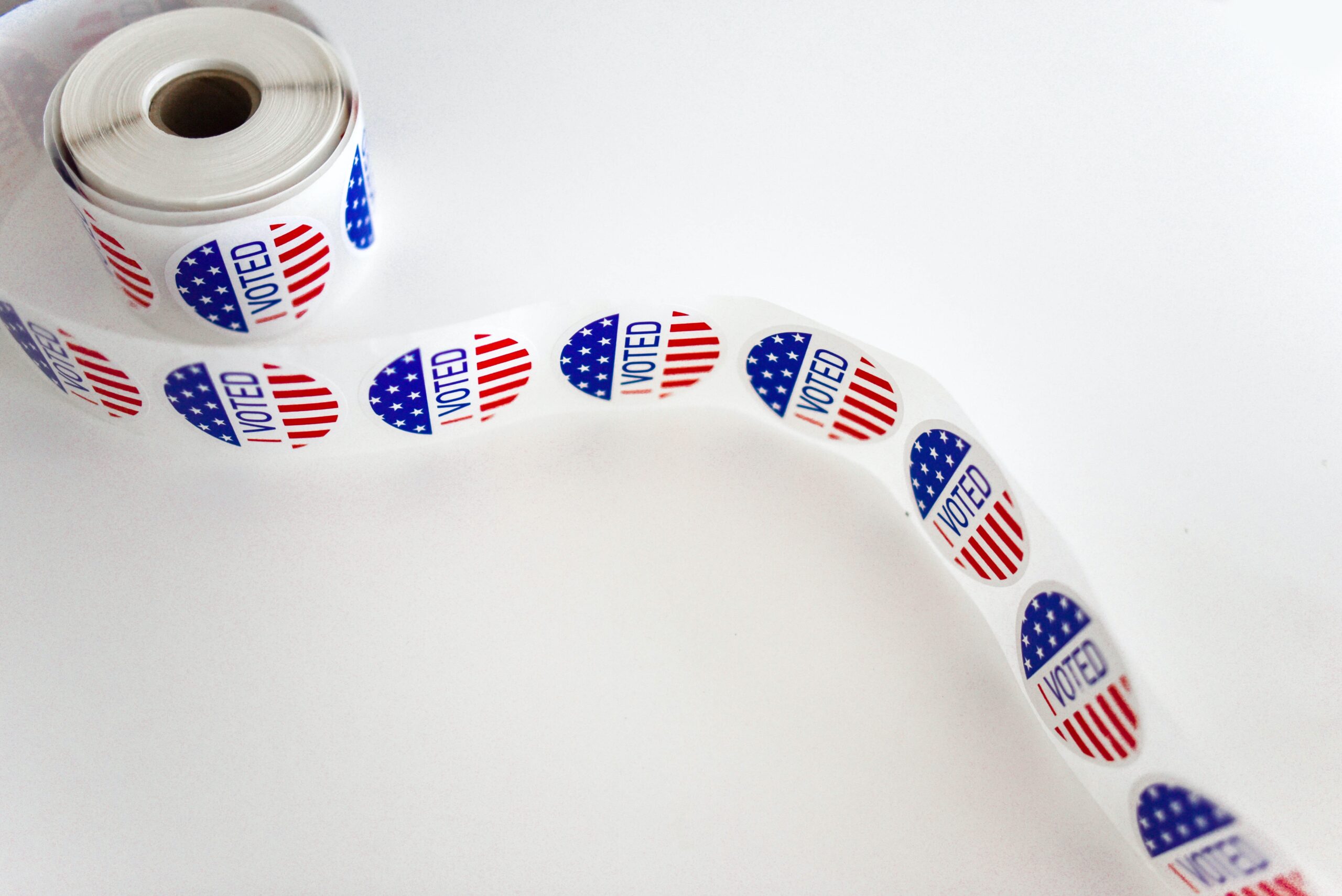
Although college students almost unanimously agree that voting is important for a democracy, Democrats and Republicans are extremely polarized on voting rights.
A College Pulse survey of 1,000 undergraduates finds that 98% say voting is important to democracy. An overwhelming majority of college Democrats (100%) and college Republicans (98%) alike believe in the importance of voting. However, the views of students with different political beliefs diverge dramatically when asked about specific voting rights.
Nine in 10 (90%) Democratic students want to see more expansive initiatives to increase voting access, compared to just 16% of Republican students. Meanwhile, just 5% of Democrats would like to see more restrictive initiatives to prevent voter fraud, compared to two-thirds (67%) of Republicans.
Young Democrats and Republicans are deeply divided on every facet of voting rights — from mail-in ballots to voter identification. Overall, half (50%) of students support more than two weeks of early voting prior to Election Day, yet Democrats are twice as likely as Republicans to agree (66% vs. 29%). Three-quarters (76%) of students overall support voting by mail, yet Democrats are twice as likely as Republicans to support it (91% vs 45%). Nearly half (45%) of students overall support stricter voter ID laws, yet Democrats are three times less likely than Republicans to say so (25% vs. 79%).
“Until we have voter ID laws in place across the country, the security and integrity of our elections should be questioned and scrutinized,” an Arizona State student says.
Percentage of students who support allowing…
A majority (80%) of students overall support allowing people convicted of a felony who have served their sentence to vote in elections. Black students are more likely than their white peers to support this notion (91% vs 79%), but there’s a larger divide between college liberals and conservatives. Almost 9 in 10 (89%) Democrats say people should be allowed to vote after completing their felony sentences, compared to about half (54%) of Republicans.
This debate often boils down to what worries liberals and conservatives most in regard to voting. Almost half (47%) of Republican students say they’re extremely concerned about voter fraud compared to just 6% of Democrats. Foreign interference is less of a concern for Republicans, with 18% of both Democrats and Republicans saying they’re extremely concerned about foreign governments interfering in U.S. elections.
Democrats, on the other hand, are more concerned about barriers to voting than voter fraud. Six in 10 (60%) Democrats believe it’s difficult to vote in the U.S., compared to just 9% of Republicans. Once again the political divide is greater than the racial divide. More than half (55%) of Black students say it is difficult to vote, compared to one-third (34%) of white students. When asked specifically about whether it’s harder for Black and brown people to vote in America compared to white people, Black students are also more likely than white students to agree (72% vs. 57%). But Democrats are almost six times as likely as Republicans to say it’s harder for Black and brown people to vote (88% vs. 15%).
Percentage of students who agree with the following.
“For a large portion of Americans that play a significant role in determining election results, it is difficult. Otherwise Republicans wouldn’t put forth so much effort to make it difficult,” a Columbia University student says.
Students are more undecided about corporate involvement in the voting rights debate. Earlier this year, companies including Coca-Cola and Microsoft expressed concern about a Georgia voting law that, among other things, restricted drop boxes and made it illegal to provide food or water to voters waiting outside polling stations. Almost 2 in 10 Democrats (19%) and Republicans (17%) say they are not sure how appropriate it is for a corporation to take a specific political stance about voting rights, either to expand voting access or to restrict it. Yet Democrats are still twice as likely as Republicans to say it’s appropriate for corporations to take a political stance (45% vs. 23%).
The extremes to which college students are divided, even on an issue they overwhelmingly agree is important, highlights that the country’s polarization and the political gridlock in Washington D.C. will persist with the next generation.
___________________________
Methodology: This survey was designed and conducted by College Pulse. Interviews were conducted in April among a sample of 1,000 full-time and part-time students attending colleges or universities in the U.S. who are part of College Pulse’s American College Student Panel.




